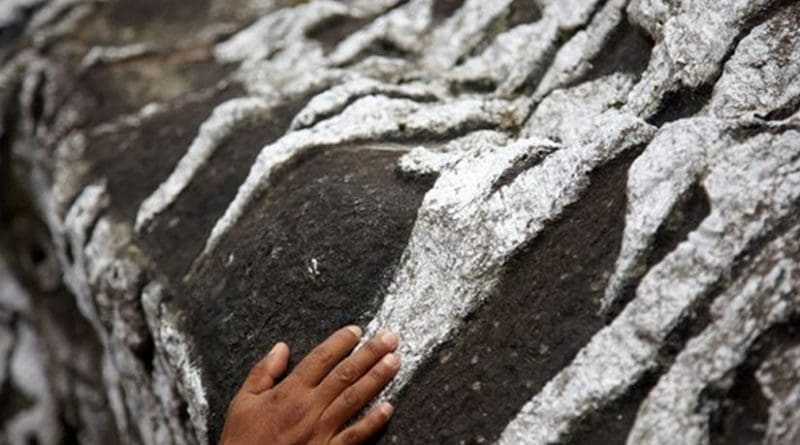Curbing Corruption In Nepal – OpEd
During the last ten years, the people of Nepal have been constantly browbeaten by avalanches of bad news. The national spirit, bewildered by the elusive dates of the Constituent Assembly has faltered. The post war reformation could give nothing to the people who had high hopes from the political parties. One after the other, different parties formed their governments and went however none could give the solace they had hoped. The media is plagued by the news of crime and corruption. The involvement of politicians, lawmakers and top brass in criminal cases show how blithely they have been making a mockery of the legal system. What are the loopholes that have been luring established political figures towards crime?
The post war Nepal has witnessed a dramatic hike in criminal activities. Murder, Abduction, Extortion and Corruption has petrified the society. Besides these individual crimes, the power juggle of various parties has become a menace for the people. At the vortex of this vibrant power shift amongst parties and the rising trend of lawlessness that the state has been enduring; there have been some positive developments. The apex court and the special court have showered fresh hopes. The Jail sentence of top brass like Motilal Bohora, J.P Dutta and three former police officials convicted in the Sudan scam has proved how the courts are gearing up to tighten the screws of Nepal’s legal system. These historic sentences have restored hope in the judicial system which was at the verge of being hijacked by political manipulations. It has also illustrated a fair practice of democratic values that had been latent for quite a while.
Corruption can kill a nation. It has disastrously shattered the morale of Nepal and fanned the dynamics of lawlessness. It is painful to note how a handful of people can embezzle public funds that could have been used to educate thousands of children. The sentence pronounced by the apex court is too short according to the gravity of crime these officials have committed. Turning the pages of some international records against corruption, former president of Taiwan, Mr. Chen Sui Bian was sentenced to life in 2009. Feese, a former republican candidate from the United States was sentenced for 12 years in prison. Marius Pectu, a Romanian leader was jailed for 7 years for bribery. Egypt’s former interior minister Habib al- Adly was given a 12 years jail sentence for corruption and profiteering. These examples show that corruption is regarded as a major offense in many countries. Other nations like China and Singapore are more severe on corruption charges.
Corruption severely paralyzes growth and development. Politicians should bear in mind that the vote of the people is not a license for anarchy. Anna Hazare, the anti-corruption leader of India had once said, ‘Corruption in public places has become scourge to the society. Because of rampant corruption and siphoning of public money by politicians and bureaucrats not even 10 paise of every rupee of government spending is going to development projects,’ The case of Nepal is no different. If a small number of people can misuse millions of rupees, the national projects are bound be get aborted. The 2011 corruption perception Index (CPI) monitored by the Transparency International has placed Nepal in the 154th position whereas it scores 2.2 on a scale of 0-10. China and India have been placed in 75th and 95th position respectively. This index reflects how corruption has been deeply etched into the system.
The trend of politicizing the crime has become rampant in Nepal especially after the people’s war. One of the major impediments that the courts will have to deal is political interference and bureaucratic intervention. Strict rule of law, like the Jan Lokpal Bill of India should be introduced to protect anti-graft policy from being manipulated by politicians. The risk of flouting the court’s decision should be avoided by imposing stringent legal constraints. The war against graft can only be championed by a firm political will, better governance, strict law and proper awareness. Blasphemous conducts of a handful of politicians should not put the national integrity and sovereignty at stake. The Nepalese have paid a heavy price for the sake of freedom thus there is no point in losing it at any cost.
The writer is a member of Scottish Pen. The Writer can be reached at [email protected]. His articles have appeared in The International Herald Tribune, The Statesman, Eurasia review, The Kathmandu Post, Nepal News, Darjeeling Times and The New Paper.


Great article Nabin. We need more on this issue.